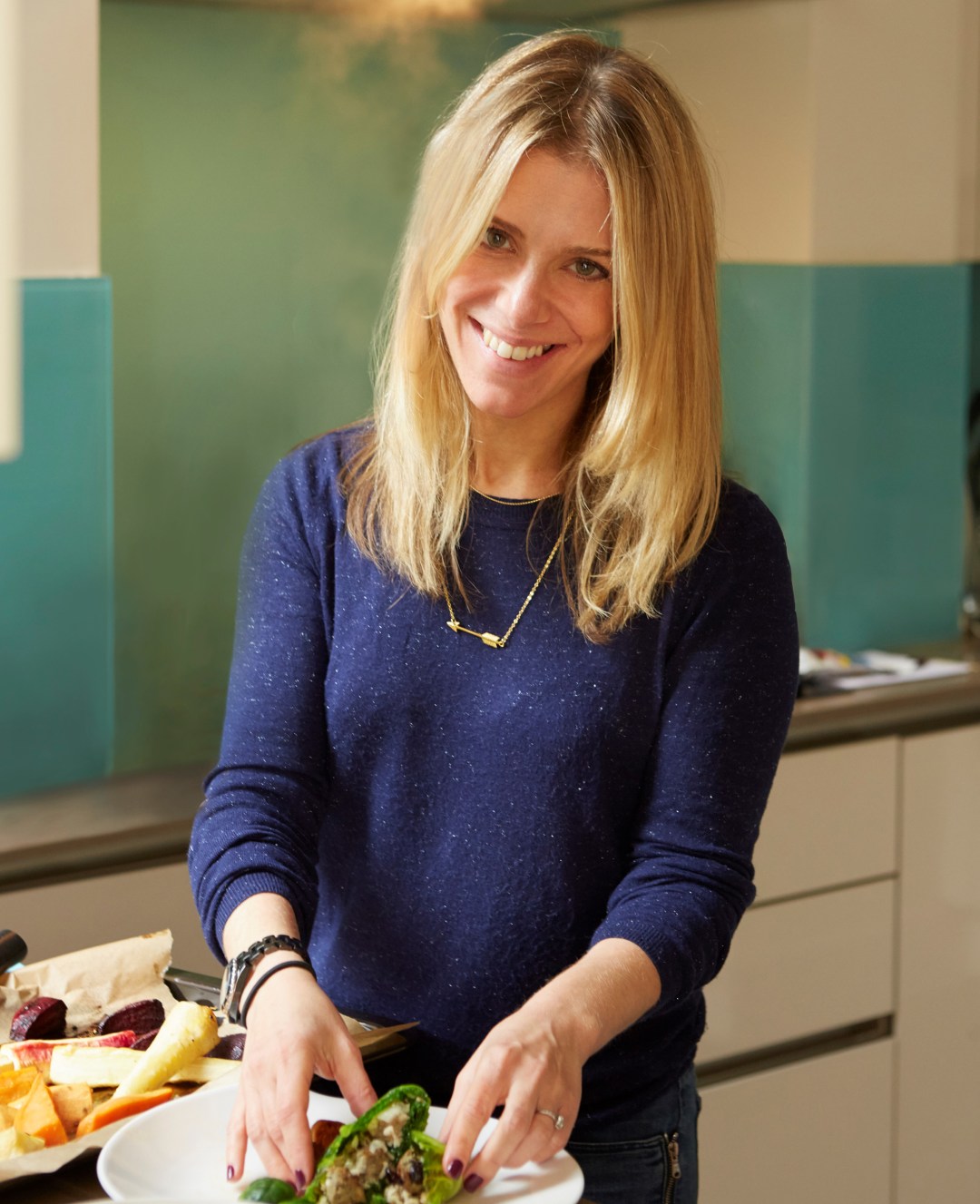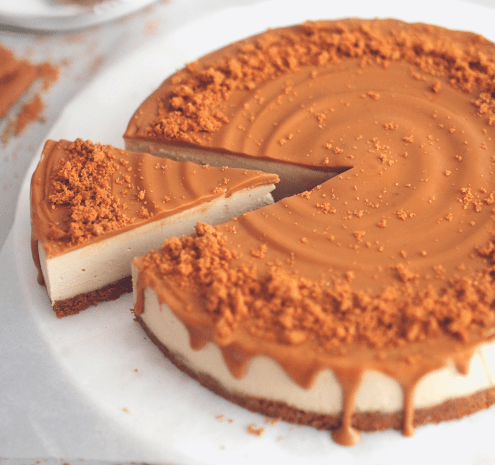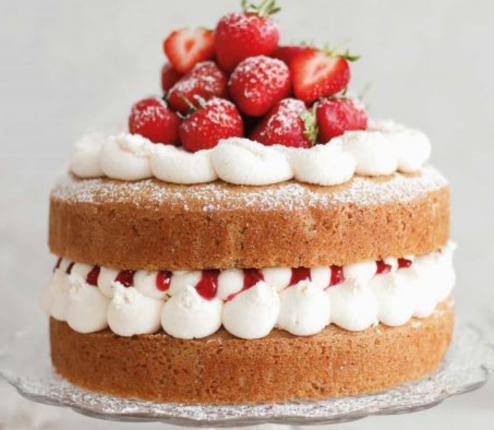Surviving Christmas with food intolerances
We speak with nutritional therapist Laura Southern about surviving Christmas dinner when you suffer from food intolerance or allergies...

The festive period is all about good company and good food. However, if you have a food intolerance, allergy or you’ve chosen the path of vegetarianism or veganism, things become a little trickier – especially if you’re heading to someone else’s house for Christmas dinner.
We spoke with London-based nutritional therapist Laura Southern – who is working with new food brand Gosh! who have created a range of healthy, natural products that are vegan, dairy-free, gluten-free, nut-free and soy-free – to ask some advice on tackling Christmas when you can’t eat the traditional ‘turkey and all the trimmings’.
Laura has suffered chronically with eczema since she was a baby, and after trying everything from conventional western medicine, to homeopathy, to Chinese herbs, the only treatment that had a positive effect was nutritional therapy.
So, she’s the best person to ask about food intolerances and allergies.
Christmas is such an indulgent time, especially in terms of food. What top tips would you give for those who have allergies or a food intolerance to ensure they still get to enjoy the wonderful flavours of Christmas without the dodgy tummy?
I think Christmas can be one of the hardest times for anyone who has a food allergy or intolerance. The whole Christmas period is based around eating, drinking and socialising, and this can be quite isolating for sufferers. Suddenly there is all this exciting food, stuff that hasn’t been around for a whole year, and we’re positively encouraged to be gluttonous!
There are a few tips I’d suggest to anyone worried about food choices over the festive season.
1. Stock up on ‘free from’ replacements from the large supermarkets and online, and take an item with you when you’re going somewhere festive. Not that I’m an advocate of eating a load of sugar, there’s nothing worse than watching everyone tuck in to a mince pie, when all that is safe for you, and available, is a clementine. The large supermarkets all stock gluten and dairy free alternatives to traditional foods like Christmas puds, and mince pies.
2. Listen to your body and know your limits. Obviously if you have coeliac disease, you’re not going to be tempted to reach for a slice of Panettone, but sometimes when it’s a food intolerance, you’re able to handle a very small amount of the offending food. Know what your limit is – if you know you can handle only a tiny bit of lactose, don’t dive into the box of Roses, as you will suffer the next day, and it might ruin the rest of the Christmas period for you.
3. Be honest with people. This applies not just to food allergies/intolerances, but to those trying to watch their sugar and carb intake too. Tell your friends and family that you’re being careful with your diet, and you’d like their support. They are less likely to try and persuade you to eat a slice of Stollen if you’ve already opened up earlier.
4. Try not to focus just on the food! Bring all the wonderful flavours and smells of Christmas into your home through non-food means. Treat yourself to some gorgeous scented candles and light them around your home. Make a display of oranges studded with cloves. Buy some Christmas flavour herbal teas, like gingerbread, spiced apple, cinnamon – lots of the atmosphere, no side effects!
Is there a go-to ingredient for you at Christmas time?
In my family, one of my children is egg and dairy-free, and the other is gluten-free, whilst my husband and I are both largely sugar-free – you can imagine how popular we are when it comes to being invited out! So I tend to do a lot of my own baking ensuring I can bring ‘safe’ foods round to friends and family, and also try and not make the hosts feel uncomfortable.
I like to bake with ground almonds a lot – it makes all gluten-free recipes a bit moister, and adds natural sweetness.
One of my favourite seasonal foods are chestnuts – so I’ll use them this time of year – my favourite way is just roasting them, and eating them with some sea salt, but I’ll also mix them into veg, and use purees for baking.
I find that spices are an easy and safe way to ‘Christmas-ise’ my cooking – I love cinnamon, cloves, nutmeg and ginger, and find that you can add them to both sweet and savoury food for an instant seasonal vibe.
What advice would you give to those with a food intolerance when invited to eat at someone’s house?
Being invited out over Christmas and having a food intolerance can be a challenging time for many. Lots of my clients, who are on strict eating plans for health reasons, find it easier to stop going out, and I always discourage this. It is really important to keep up your social life, and make time for friends and family.
Firstly, it’s important that you tell your host in advance what you can and can’t eat. Give them enough time to shop/prepare for you, and you can also give them some options of brands you like etc.
Second, don’t try ‘new’ food at their home. If you don’t have access to the label, or if the host isn’t 100% sure that she used a dairy-free spread, for example, just don’t risk it – it’s not worth it.
Lastly, offer to take ‘safe’ food round with you. If you’re going for a meal then Gosh! bakes are an easy thing to pop in your bag, and just ask your host to heat up – tasty for you, easy for your host. The mushroom burger and beetroot burgers lend themselves well to Christmas time because of their earthy tones.
Gosh! is naturally free from the following allergens: cereals containing gluten, eggs, milk, soya, nuts, peanuts, celery, mustard, sesame seeds, lupin, sulphur dioxide, crustaceans, fish & molluscs. Find out more at goshfreefrom.co.uk








